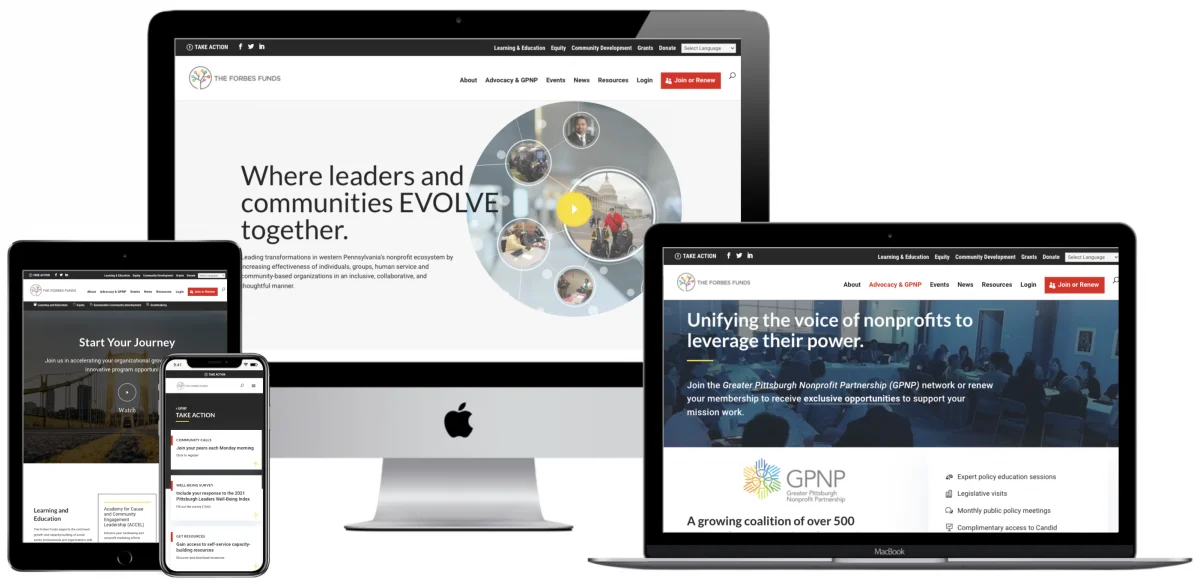Getting a top search engine ranking is difficult. It takes time, quality content, an excellent strategy and execution.
NOTE: This was written in 2015 and may contain information which is no longer aplicable. For the latest information, check out our digital growth content library.
We put this article together so you can better understand search, improve quality and add more value to your website – so you can ultimately rank higher in Google.
We know It’s tough to get ranked higher on Google, so you should make it as easy as possible for Google to crawl your website, which means following SEO guidelines discussed below – and ensuring your site contains no errors with an SEO audit.
In this article, we’ll discuss the key components – high-quality content and relevancy – of getting ranked in Google. Less popular search engines such as Bing, Yahoo, and DuckDuckGoGo share commonalities with regards to algorithmic relevancy and rankings, so the learnings from Google also apply.

Learn About Google’s Search Algorithm & Technology
Before being able to formulate the best search engine optimization strategy – you should learn a lot about the technology behind Google’s search engine – their algorithm.
An algorithm is the formula that’s used towards getting a result – in this case one which is relevant to the intent of a user’s search query. We all use search engines to find relevant information, websites, and products. Be it not for search engines, we would be stuck in an abyss of information – most of which is absolutely irrelevant.
Google’s algorithm – similar to that of Bing’s and Yahoo’s – takes into account an unknown amount of variables. Some of these key ranking factors includes the amount of websites linking to you (backlinks), how fresh your website and content are, grammar, and lack of errors (no broken links, no spam, no excessive ads).
Read More: Google’s March 2019 Core Algorithm Updates and Neural Matching
Relevancy is to a search query as X is to Y.
As in a math problem you solve for X; to find X, we must solve Y. Google solves its equation in a very complex manner due to the nature and amount of the information they receive, process, and subsequently displayed to a user. Most of us don’t go past the first page of Google’s search results. Ever wonder why? It’s because Google’s results are so relevant that, more often than not, we find what we’re looking for within the first page of the results.
Google owns a slew of patents regarding relevancy and historical-based information retrieval, which is of critical importance to its search technology. From one such Google patent1, the process from query (start) to results (end):

“One aspect…a method for scoring a document…may include identifying a document and obtaining one or more types of history data associated with the document. The method may further include generating a score for the document based, at least in part, on the one or more types of history data.
According to another aspect, a method for scoring documents is provided. The method may include determining an age of linkage data associated with a linked document and ranking the linked document based on a decaying function of the age of the linkage data.”
Search engine rankings and Google’s PageRank®
This bring us to examine search ranking. How is a website’s page – or “document” (as Google refers to it within its patents) – ranked? Well, for this interesting subject, Google thought long and hard about it and they developed the Google PageRank®. This is on a scale of 1 to 10, the higher the better. It measures everything from backlinks (links to your website from an external source), to historical data, user interests, and quality of content.
“PageRank is Google’s opinion of the importance of a page based on the incoming links from other sites. PageRank is an important signal, but it’s one of more than 200 that we use to determine relevancy. In general, a link from a site is regarded as a vote for the quality of your site.”
How long does it take to develop a PageRank®?
In my experience – it will typically take over 6 months to develop a PageRank. How this would affect search ranking is a simple concept – if we had identical websites and content but I have a PageRank of 4 and you have a 2, I would display before you.
Relevancy is Crucial
How Google determines relevancy to a user’s search query is of their utmost priority as a search engine.
Google strives to identify links to high-quality relevant results based on a user’s search query – and especially intent. Typically, this is done by matching the terms within a user’s search query to a number of pre-stored “web documents,” or website pages. The results are considered “hits” and are returned to the user.
Ideally, a search engine’s aim is to deliver the best results possible so you don’t wind up on the 5th page of the search results. If you’re looking for a product, say a tablet, you’ll most likely stumble upon their shopping search results, a sponsored result (more on search engine monetization later), or an organic result.
An organic result is a natural, unpaid and relevant search result. It displays in response to a user’s request and uses Google’s patented technology to show you the most relevant results.
Relevancy is the means, the goal, and the priority…if not for relevancy we’d be lost in an ocean of information. Google’s corporate goals are in perfect alignment with our team’s mission; their “goal is to make it as easy as possible for you to find the information you need and get the things you need to do done.”
High Quality Content is Key
As a website owner, the key to creating a great website is to create the best possible experience for your audience with original and high-quality content. If people find your site useful and unique, they may come back again or link to your content on their own websites. This can help attract more people to your site over time.
Conduct an SEO Audit to Improve Search Rankings
It is important that your website does not contain errors, is highly usable, mobile-friendly and secure. It helps if you follow SEO best practices and have your bases covered. You’ll make it easier for Google to crawl, index, and rank your business website! Find your website issues with an SEO audit and a mobile site speed test.

Google’s webmaster guidelines include quality guidelines, which lists four (4) basic principles:
- Make pages primarily for users (duh!), not for search engines.
- Don’t deceive your users.
- Avoid tricks intended to improve search rankings. Ask yourself – “does this help my users?”
- Think about that which makes your individual website unique, valuable, or engaging. Be different!
Add value and give the user a reason to visit your website. Create original, high quality content to stay relevant! Focusing on this will garner the best search engine rankings, granted you put in a lot of effort. We can help with putting in this effort – just reach out to us!
Source & Credits:
Google Webmaster Guidelines (https://support.google.com/webmasters/answer/6001093)
Google Patent (http://www.google.com/patents/US7346839)
Google Patent 2 (http://www.google.com/patents/US20140330847)
Google’s Product and Services (http://www.google.com/about/company/products/)
Disavow links (https://support.google.com/webmasters/answer/2648487)

Ali Jaffar has been building dazzling websites and creating amazing online experiences for over a decade. His mastery of the latest innovations in web development results in world-class website experiences set apart by show-stopping style and seamless functionality. A sought-after consultant and 50-time award-winning storyteller, UX expert, and web developer — Ali lends his talents to build and bolster digital experiences for a wide array of clients — with a keen focus on web design for nonprofit organizations, B2B, and government agencies. When Ali’s not helping his clients grow or providing pro bono services via his Coding For Causes program, you can find him exploring beautiful open spaces with his dog, working on digital solutions like the Good Jobs Search Engine software, or doing yoga.
Connect with Ali on LinkedIn to continue the conversation, or follow him on Threads.

